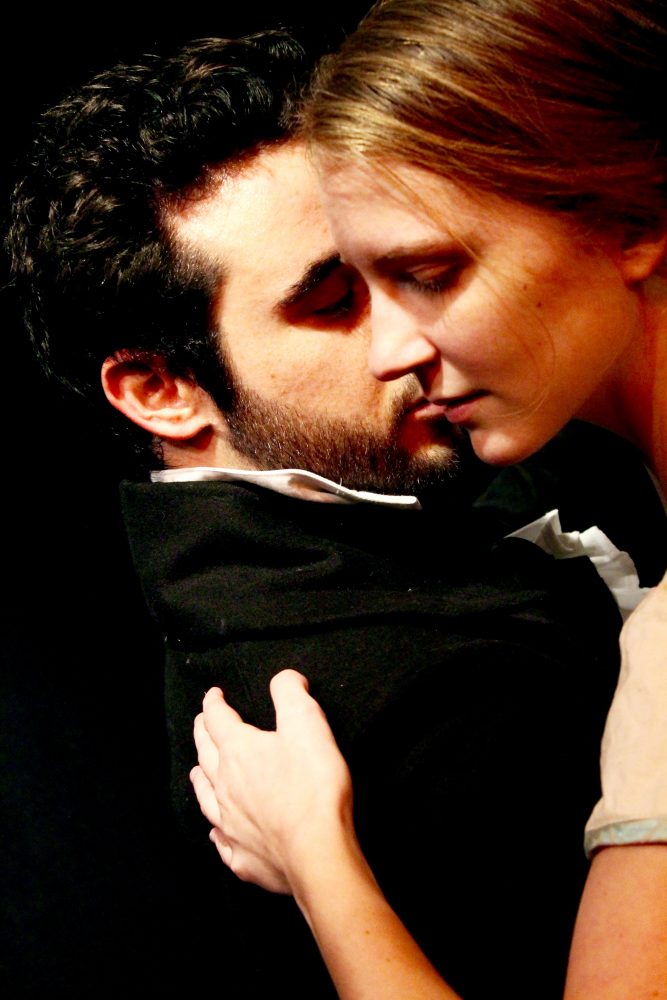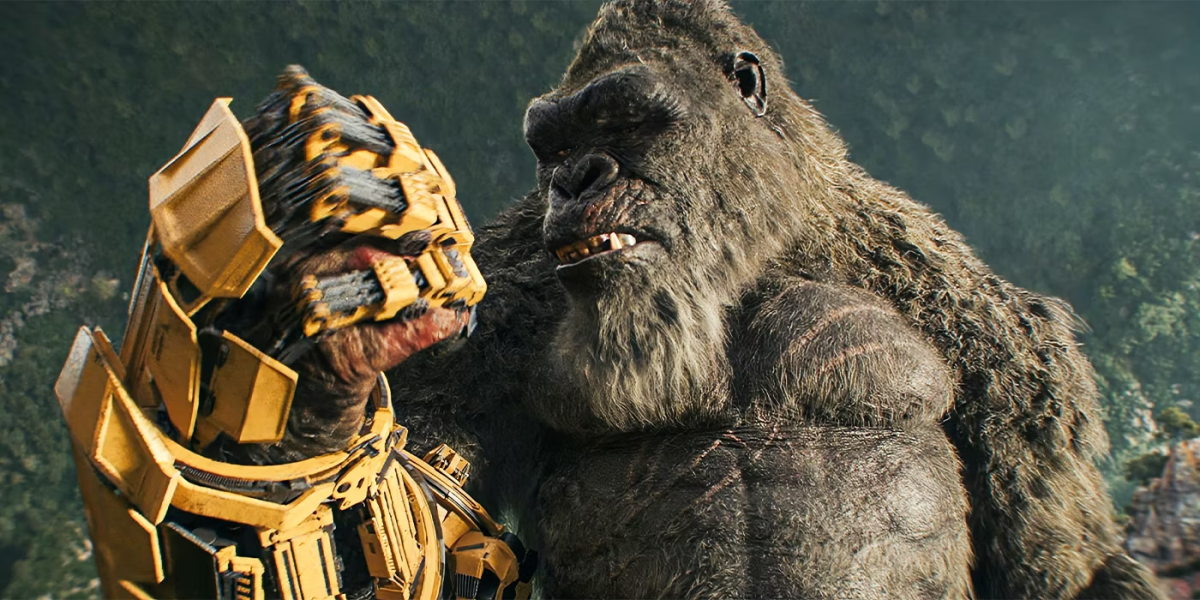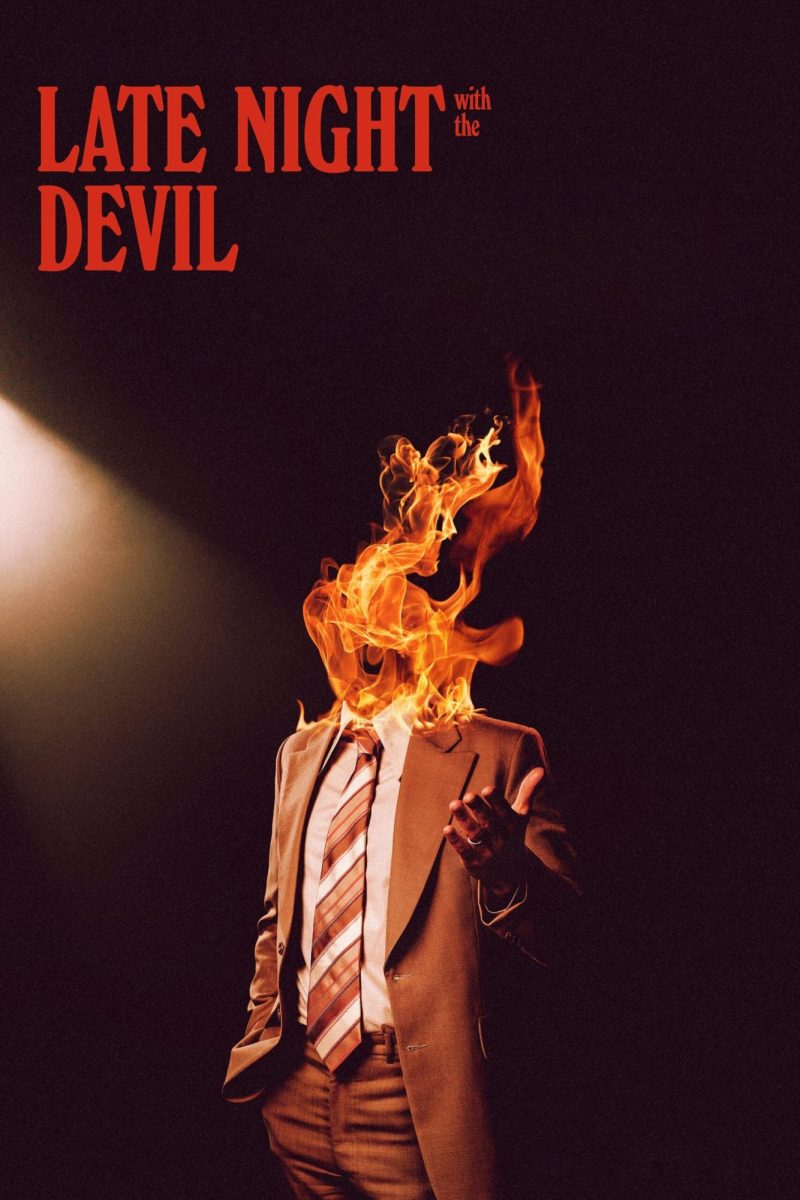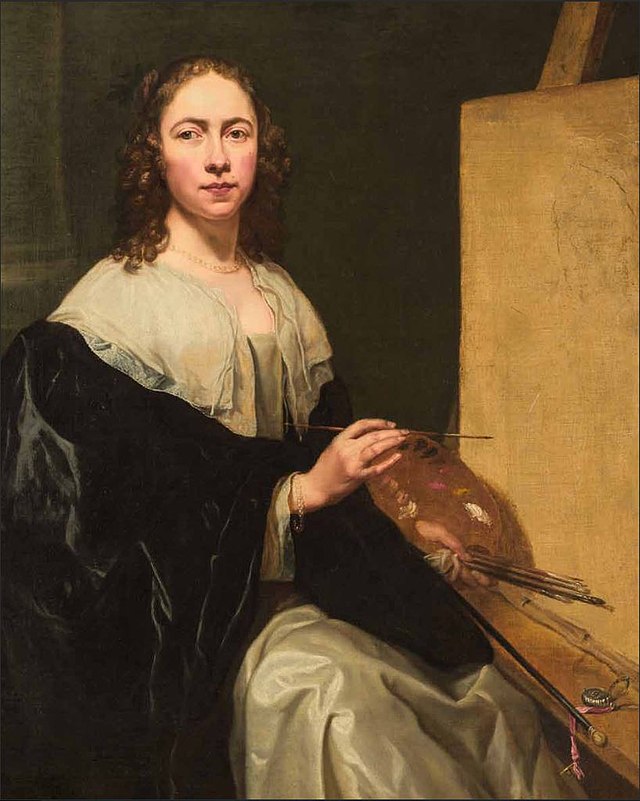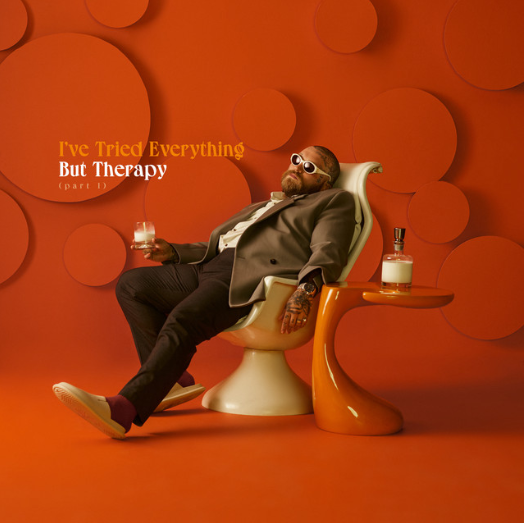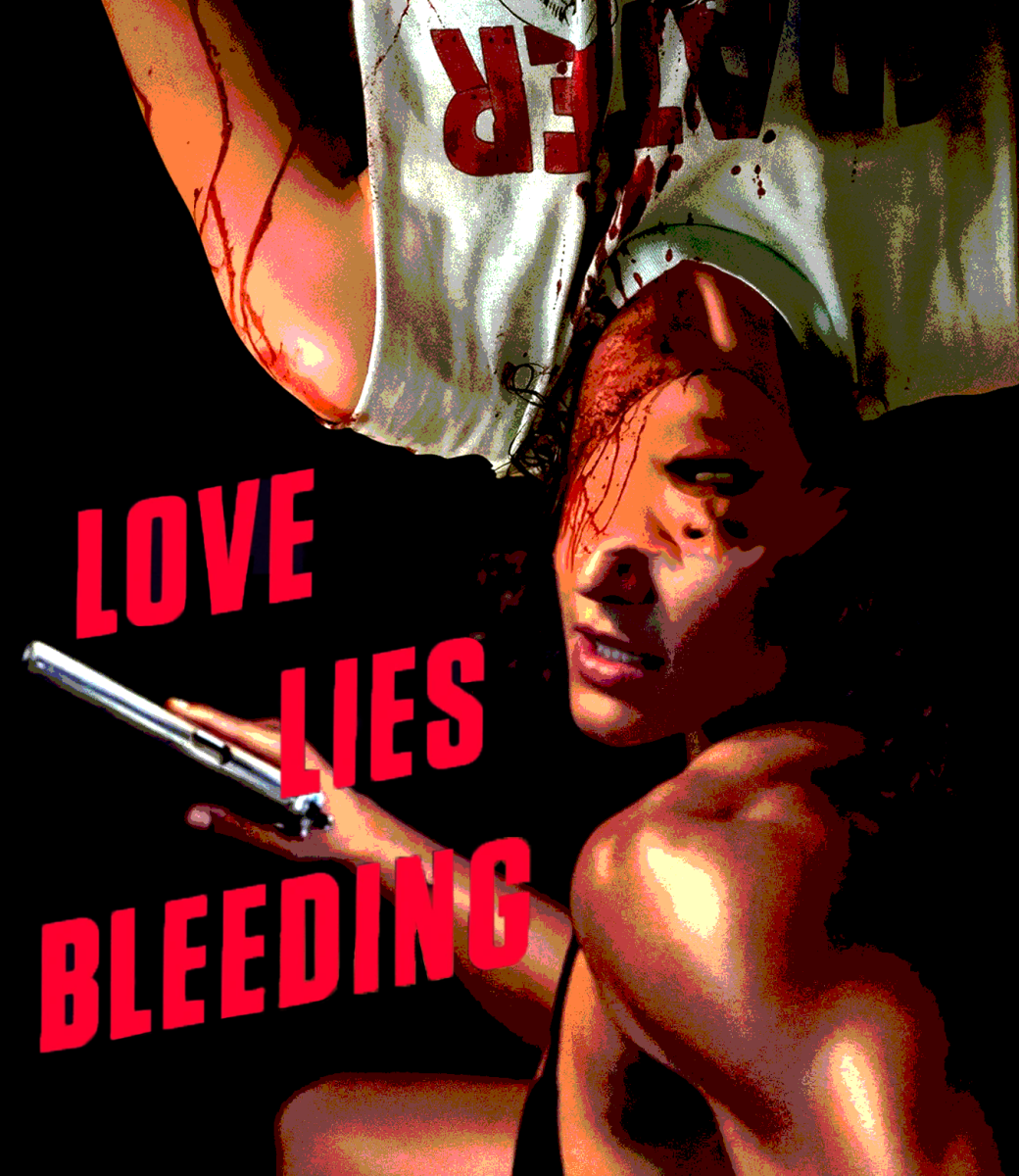Saint Louis University’s theatre department continues their STEM (Science, Technology, Engineering and Math)-themed season with Tom Stoppard’s intellectual gauntlet “Arcadia.” Running only one weekend, Nov. 17–20, “Arcadia” is sure to provoke thought, emotion and insight. Stoppard is often highly concerned with etymology, word choice and word play; “Arcadia” is no exception to the rule.
Arcadia is a physical place in Greece that is, according to the director, Lucille Cashion, “equated with paradise.” She continues: “This notion of getting back to the Garden [of Eden] is inherent to the play.” Running through this thought process is highly fascinating, and Stoppard does not disappoint in bringing to light the juxtaposition of life and death. He is stating that “even in paradise, death consumes us,” and, according to Cashion, “The dialectical of order versus disorder and thinking versus feeling” are truly salient.
The juxtaposition continues through two time periods. Centuries apart, modern scholars living in an English country house discover truths about the previous residents by way of explorations in mathematics, science and romance.
These intertwined storylines are connected through physical and mental space. The only disconnect is time. Cashion stated, “Time changes, but space never changes in the play, and we’re really emphasizing that because we’re doing this minimalist staging with no walls, no doors and the actors are onstage all the time.”
She continues, “What I’ve done with staging is as if the actors were points plotted on a graph. The character Valentine speaks a line, showing Hannah these points previously created; however, these points are brought to light through computer technology.”
This idea of continual intellectual fostering is pertinent to the possibilities of higher education and academia. In science, technology, engineering and mathematics, scholars use the “royal we,” because their intellectual progression is a combination of previous thought and new insight.
These building blocks create new insight from which we can view our world. To exemplify this, the SLU theatre department has elicited meteorology professor Benjamin de Foy for a pre-show discussion on Thursday Nov. 17. To pose comments on Stoppard’s rhetoric and dialogue, the SLU theatre department will bring in philosophy professor Kent Staley on the same night. These two insights will be highly exciting due to the interdisciplinary approach, marrying the humanities and STEM.
Watching a theatrical rehearsal is often viewing organized chaos. Tuesday night was no exception. There was a call for pencils, rearranging of chairs, piano tinkering and trying on shoes. The juxtaposition of creativity in art and the linear, business-like directorial style of Cashion came to mind while watching the rehearsal unfold. Even without costumes, the movement and vocal work of the actors already exemplified the two time periods being portrayed.
Cashion stated that, “The actors do character work with their physicality according to the time period.” The way in which Stoppard creates dialogue with character truth in mind also saturates the period in which the play unfolds. The written word brings about powerful accent differentiation between characters and time within a single space.
One of the items joining the two time periods is an ancient but still living tortoise. The stage prop was revealed to the actors for the first time Tuesday night to jubilant shouts and jokes. Actor Alex Fyles questioned, “Hey little buddy, where’ve you been hiding?” upon seeing the tortoise.
The mood of exacting rehearsal was livened as the actors began to play and experiment with props, costume pieces and vocal work. Watching this, one becomes nostalgic for the days of youth and is reminded that Stoppard’s goal is to create a utopia of life under the watchful eye of death.
Experiencing the world and being able to play and create within it is the most important part of a human life. If we are able to create, develop, understand and appreciate what the gift of life offers, we can call ourselves good human beings.
If we build on the knowledge of our foremothers and forefathers, we can propel the world into an “Arcadia” of its own. The work of the SLU theatre department recognizes this and brings these ideas to life in their show. Often inccorectly considered as the interdisciplinary work of professors, vastly different fields of study create a world in which study influences creation and work influences joy. This is, after all, what we are here for.


